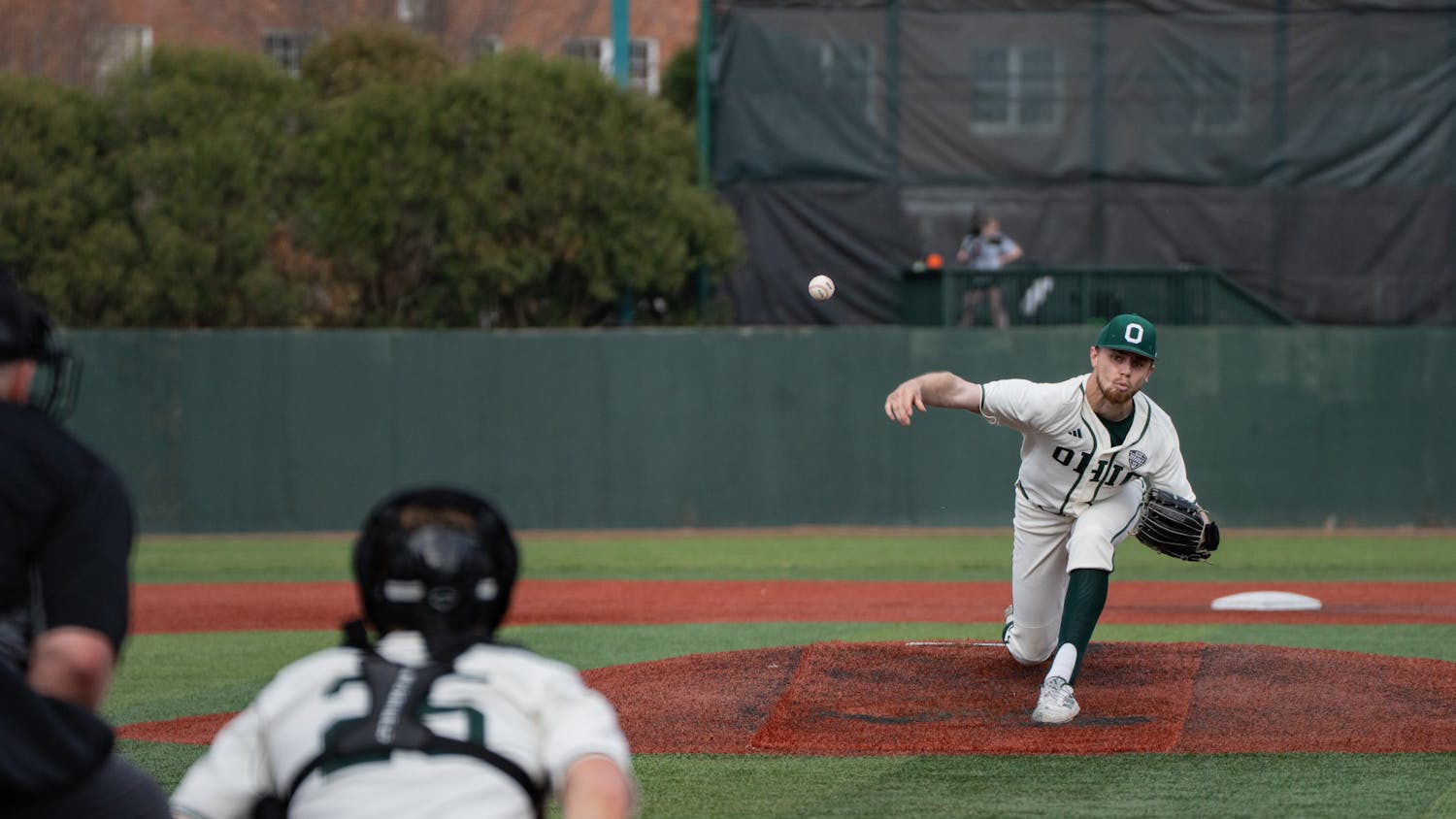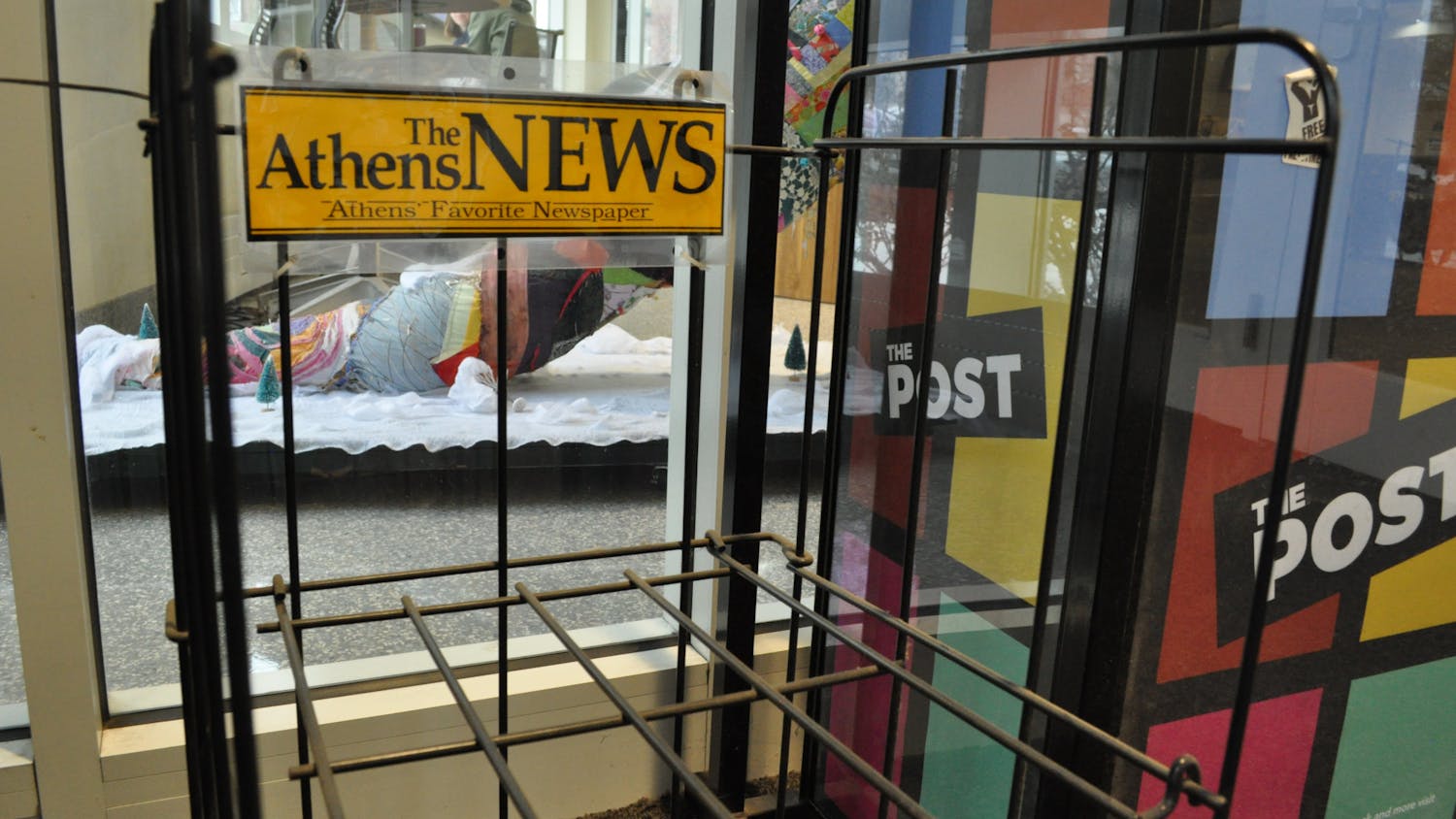I was a senior in high school when a gunman barged into the Tree of Life Synagogue in Pittsburgh, Pennsylvania. I was heartbroken. My barely 18-year-old-self had yet to encounter a threat like this so close to home. Growing up in Cleveland and participating in a plethora of activities that involved other midwestern Jewish teens, I had many friends who lived near the synagogue.
I heard about the attack during Shabbat, the Jewish day of rest, so I could not contact anyone at the time because using my phone is a violation of the holy day. I spent the whole day paralyzed with fear, counting down the seconds until I could call each of my friends who were in the area. I must have been on the phone for three or four hours that night talking to friends and acquaintances. Thankfully, none of my friends or their families had been harmed. They weren’t at the synagogue.
Many of them had been in attendance at the synagogue the week prior for a bat mitzvah, a Jewish coming-of-age celebration. The gunman had also been at the synagogue the week prior and was scoping out the event. He was under the impression that the synagogue was always filled with guests on Shabbat. It was chilling to hear this in the days that followed, thinking about how my friends could have been the victims.
I was depressed for weeks following the shooting. I could barely eat or get out of bed. I arranged events in the club I was a president of, the Israeli Culture Club, and did what I could to offer support to other students. But it was clear I was suffering emotionally, and the truth was that no one could fix that for me.
Most of that time is a blur to me. I declined any invitation to go out with my friends, and I could not keep food down. One thing I do remember, though, is calling one of my closest friends and tearfully asking her if this was the new reality, if I would have to flee America like my grandparents fled Kurdistan and like hers fled Poland. She said she didn’t know. Of course, how could any of us know? How could our teenage minds have the answer to the most frightening questions we could muster?
Later that same school year, in April, a synagogue called the Chabad of Poway was faced with another malicious intruder. But at this point, I was numb. I arranged the same events as I had in the previous October, but it felt ridiculous. Essentially, I was following a precedent, a protocol that I had put in place for myself for how to grapple with something that I should never even have to think about.
After the Tree of Life shooting, I was depressed. But after the Chabad of Poway shooting, I was unfazed. The initial attack had taken too much out of me, and I was a shell of my former self. I was no longer able to be hurt. I was actually in a place much much darker than that. It became clear that these events were part of a pattern that was beginning to form and that these events would not remain isolated for long.
Since October 2018, the time of the Pittsburgh shooting, the national rise in antisemitism has been clearly outlined. This past Saturday, four hostages were held at gunpoint in a synagogue in Colleyville, Texas. The four attendees of Congregation Beth Israel, the name of the synagogue, were held captive for 10 hours. Thankfully, everyone was released unharmed. But this attack, like all the other ones previous to it, will not be the last of its kind. From the stabbings in New York to the beatings of college students to the Nazi- and SS-themed high school parties, there has been an alarming rise in antisemitism in America. But there is still hope.
Just recently, I wrote a letter to the editor explaining how Ohio University did not have a presence of antisemitism on its campus, and that remains true. I will go further with this statement now and say that, despite the rise in antisemitism across the country, America is still one of the best places to live as a Jew. I enjoy rights and freedoms within my religious observance and expression that are not afforded to my Jewish counterparts in other countries, such as France or even Canada. Scandinavia, especially Sweden, has proved itself to be violently antisemitic, with Jews being attacked on a weekly basis in Sweden.
The antisemitic incidents in the U.S. are increasing, but these other places make Jewish life almost impossible. After the hostage crisis, I still went out and enjoyed myself on Court Street because the country is not at a point where it is steeped in antisemitism. Just yesterday, I went to Chabad to celebrate Tu B’Shvat, a Jewish holiday that honors nature, and I was able to do so because I do not live in a country that is more violent toward Judaism.
America, for all of its faults, is still a beacon of hope. It is still a place in which Jews can live and celebrate freely and also be involved in the wider community. French Jews are fleeing in droves because they can no longer live full Jewish lives, but I will not have to flee. The pattern that has been occurring over the years does not mean I will be forced to leave because the U.S. is still overall the most welcoming place for me to be Jewish. America is a reminder that things will get better.
Hadass Galili is a junior studying political science pre-law at Ohio University. Please note that the views and opinions of the columnist do not reflect those of The Post. Do you agree? Tell Hadass by tweeting her at @HadassGalili.






